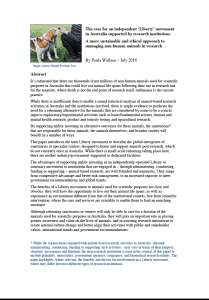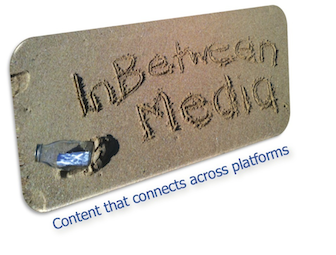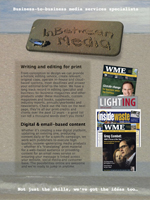July, 2016:
A new white paper outlines a more sustainable and ethical approach to managing non-human animals in research, that presents a unique opportunity for research institutions in Australia.
 It’s estimated that there are thousands of non-human animals used for scientific purposes in Australia that could safely live their natural life spans following their use in research but for the majority, where death is not the end point of research itself, euthanasia is the current practice.
It’s estimated that there are thousands of non-human animals used for scientific purposes in Australia that could safely live their natural life spans following their use in research but for the majority, where death is not the end point of research itself, euthanasia is the current practice.
While there is insufficient data to enable a sound statistical analysis of animal-based research activities in Australia and the institutions involved, there is ample evidence to predicate the need for a rehoming alternative for the animals that are considered by some to be a critical input to exploratory/experimental activities such as basic/fundamental science, human and animal health research, product and toxicity testing and agricultural research.
By supporting and/or investing in alternative outcomes for these animals, the institutions* that are responsible for these animals; the animals themselves; and broader society will benefit in a number of ways.
The white paper introduces the term Liberty movement to describe the global emergence of sanctuaries or specialist centres, designed to home and support animals post-research, which do not currently exist in Australia. While there is small-scale rehoming taking place here, there are neither industry/government-supported or dedicated facilities like those overseas.
The advantages of supporting and/or investing in an independently-operated Liberty or sanctuary movement to institutions that are engaged in – through administering, conducting, funding or supporting – animal-based research, are well-founded and numerous. They range from competitive advantage and better risk management, to an increased capacity to meet government recommendations and global trends.
The benefits of a Liberty movement to animals used for scientific purposes are clear and obvious: they will have the opportunity to live out their natural life spans, as well as experience an environment different from that of the institutional context, free from scientific intervention, where the care and services are available to enable them to lead an enriching existence.
Although rehoming sanctuaries or centres will only be able to care for a fraction of the animals used for scientific purposes in Australia, they will play an important role in placing greater awareness and value on the lives of animals; and in assisting research institutions to create internal culture change and better align their activities with public and stakeholder values, international trends and government requirements.
To download the white paper Click Here
Contact Paula Wallace at: animals[at]paulawallace.com.au
* While the organisations engaged with animal-based research activities in Australia – through administering, conducting, funding or supporting such activities – may vary in terms of their purpose, structure, governance and function, the term research institution is used in the context of this paper to include primarily: universities; government agencies; companies; and biomedical research entities. The paper highlights, where relevant, the benefits and drivers for involvement in a Liberty movement, where they differ between different types of research institutions.


Comments are closed.